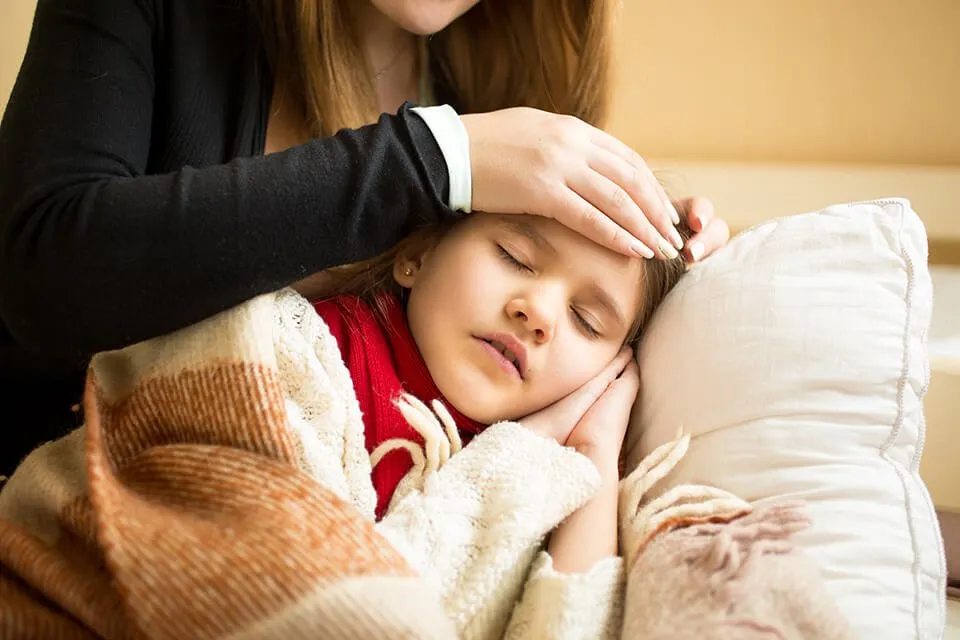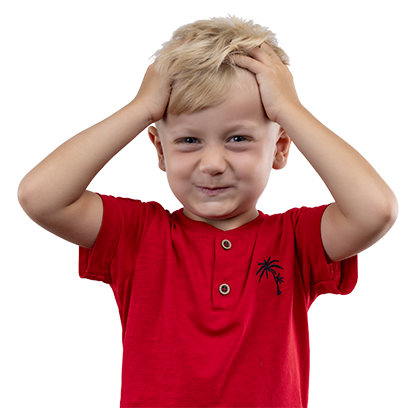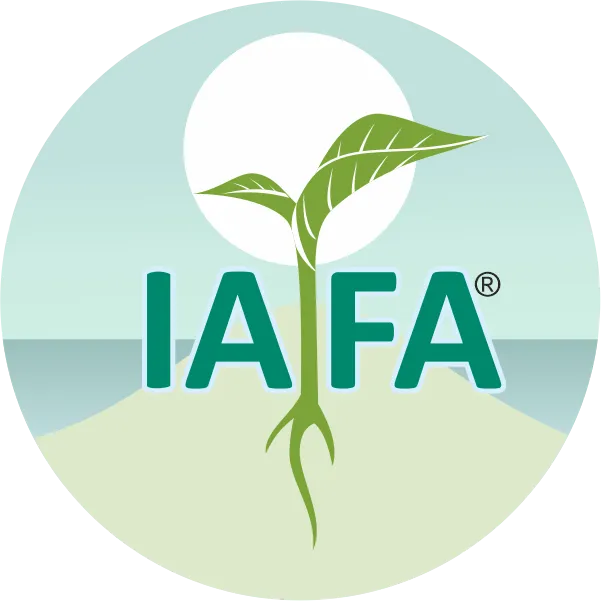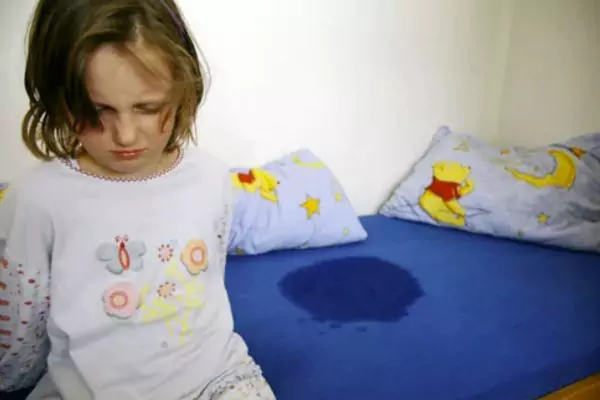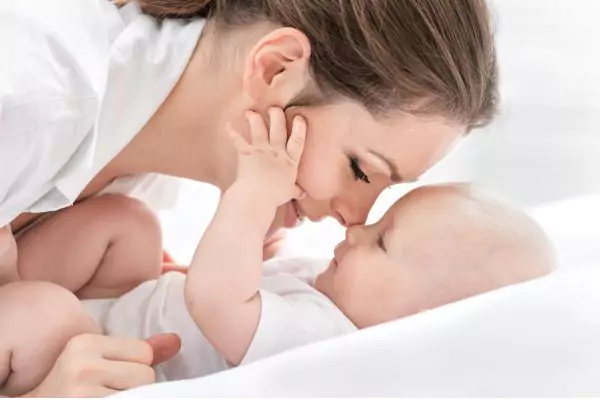On This Page
Epilepsy (Apasmara): Symptoms, Causes, Types, Do’s, Don’ts, Yoga, Ayurvedic Reference and Treatment : Complete Ayurveda Details
अपस्मारं पुनः स्मृतिबुद्धिसत्त्वसंप्लवाद्वीभत्सचेष्टमावस्थिकं तमः-प्रवेश माचक्षते ॥
Epilepsy is one of the most common nervous system disorders seen in children. It can be seen in children and adults of all races and ages. It is a brain condition that causes the children to have seizures. The brain consists of millions of nerve cells that communicate via electrical signals. When one or more parts of the brain has a burst of abnormal electrical signals in a way that alters the normal brain cell functions, seizures can occur. When a child has a series of seizures – 2 or more with no known cause, it is diagnosed as Epilepsy. Epilepsy can occur due to many reasons including hereditary reasons, neuro-pathological issues etc. Immediate treatment and attention is required, as in later cases it may cause permanent damage to the nerve cells.
Epilepsy in children can be correlated to “Apasmara” as per Ayurvedic science. Acharyas like Vagbhata, Charaka and Kasyapa have mentioned Apasmara in children. According to Vagbhata, Apasmara mainly occurs due to destruction of memory and results from loss of wisdom and consciousness when the mind gets deranged by worry, grief, fear etc. All three doshas, Vata Pitta and Kapha are vitiated in Apasmara. The Ayurvedic classics recorded accurate treatment methods to alleviate the condition.
Causes of Epilepsy in Children – Apasmara
Epilepsy in Children can occur due to various reasons. The main causes are-
- Genetic/Hereditary causes
Epilepsy can be familial. Petit mal epilepsy and Grand mal epilepsy are observed in many cases. EEG abnormalities, which is one of the main causes for abnormal brain cell function, can also be inherited from parents to the child. Along with this, inborn errors of metabolism may also result in Epilepsy.
- Biochemical/Neurotransmitter causes
Seizures can occur due to imbalance of neurotransmitters like GABA and ACh which favors excitation and produces Seizures. The Sodium and Potassium ion imbalance also causes alterations in electric discharges due to depolarization and results in seizures.
- Neuro-pathological causes
Pathological lesions like Tumors, Scar, Infection, vascular blockage etc. can lead to multiple seizures resulting in Epilepsy
- Idiopathic causes
Sometimes Epilepsy also occurs due to unknown causes
- Psychological causes
It has been reported that increased fear, anxiety, depression and other psychological conditions may result in seizures.
- Other causes includes
Birth Injuries
Low blood sugar level
Certain toxic drugs and chemicals.
Signs and Symptoms of Epilepsy in Children – Apasmara
- The child makes rhythmic uncontrollable movements of arms and legs, which slows down after a few seconds.
- Eyes are wide open
- Child may not appear to be breathing. Often the breathing becomes deep after an episode
- Loss of urine may present
- Dribbling of saliva
- Loss of consciousness
- Return to consciousness is gradual and should occur within minutes.
Types of Epilepsy in Children – Apasmara
- Generalized seizures – All areas of the brain cortex are involved in generalized seizures
- Partial / Focal seizures – Only part of the brain is involved, so that only a particular part of the body is affected
Epilepsy in children can be correlated to “Apasmara” as per Ayurvedic science. Acharyas like Vagbhata, Charaka and Kasyapa have mentioned Apasmara in children. According to Vagbhata, Apasmara mainly occurs due to destruction of memory and results from loss of wisdom and consciousness when the mind gets deranged by worry, grief, fear etc. All three doshas, Vata Pitta and Kapha are vitiated in Apasmara. The Ayurvedic classics recorded accurate treatment methods to alleviate the condition.
Ayurvedic Reference of Epilepsy in Children – Apasmara
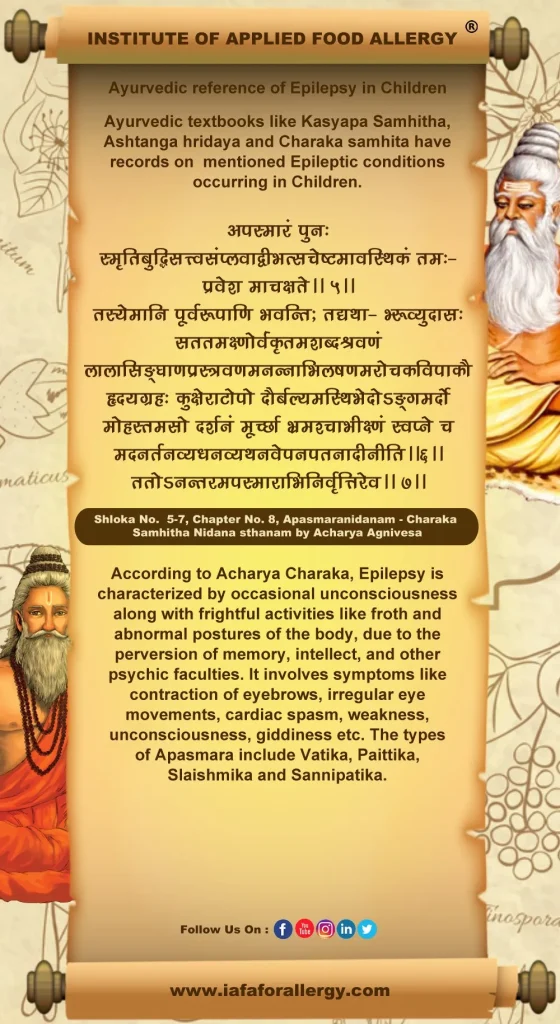
Diagnosis of Epilepsy in Children – Apasmara
Detection of Epilepsy requires proper clinical examination. The epileptic focus and pattern of epilepsy can be determined by investigations. The main methods for diagnosis are-
- EEG- ELECTROENCEPHALOGRAM
- MRI- MAGNETIC RESONANCE IMAGING
- SPECT – ICTAL SINGLE PHOTON EMISSION COMPUTED TOMOGRAPHY
- PET- INTERICTAL POSITRON EMISSION TOMOGRAPHY

“IAFA® is the only leading Ayurvedic institution in the world for the management of child health through Ayurveda. Institute of Applied Food Allergy® ensures better assurance and guidance through research based natural friendly Ayurvedic remedies for the management of epilepsy in children and other health related ailments.
Reach IAFA for a result oriented treatment of your child!
– Dr. Sahil Gupta (B.A.M.S., M.H.A.)
Ayurvedic Allergy Specialist
CEO & Founder of IAFA®
At last, Easier Epilepsy Management

Trusted by
More than 90,000 Patients

Convenient
at-Home Treatments

9.2 / 10
Customer Satisfaction Score
Ayurvedic treatment of Epilepsy in Children – Apasmara
Permanent management of Epileptic condition is possible through Ayurveda. Both internal and external medicines along with the practices of Yoga Asanas and Pranayama helps in controlling occurence of episodes of seizures.
अथाऽऽवृतानां धीचित्तहत्खानां प्राक्प्रबोधनम् ॥ १५ ॥
तीक्ष्णैः कुर्यादपस्मारे कर्मभिर्वमनादिभिः ।
Shloka No. 15-16, Chapter No. 7- Apasmara Pratisedha, Ashtanga hrudaya Nidana Sthana by Acharya Vaghbhata
In Epilepsy, the channels of intelligence, mind and consciousness are covered by doshas. So they should be cleared first by therapies including combination Panchakarma like Emesis (Vamana) therapy and Purgation ( Virechana) therapy.
Internal medicines of Epilepsy in Children – Apasmara
- Panchagavya ghrita
- Maha pancha ghrita
- Dhanadanayanadi kashayam
- Maha Kalyanakam kashayam
- Aswagandharishtam
- Brahmi Gritham
- Kushmanda ghrita
External Medications of Epilepsy in Children – Apasmara
- Asvagandha bala lakshadi taila- massage over head and body
- Lashadi taila- head massages.
- Fumigation
Single herb used to treat Epilepsy in Children – Apasmara
- Brahmi
- Vacha
- Sankhapuspi
- Tila
- Shatavari
Diet for Epilepsy in Children – Apasmara
Pathya (Do’s)
- Green gram
- Pomegranate
- Coconut
- Gooseberry
- Grapes
- Meditation
Apathya (Don’ts)
- Going through a situation of anger and grief
- Over exertion
- Prawns and other similar seafood
- Swimming
- Extremely hot food
Yoga and Pranayama for Epilepsy in Children – Apasmara
Yoga and Pranayama have excellent results in all Psychological disorders. In Apasmara also Yoga and Pranayama helps in controlling the condition. Asanas like
- Gomukhasana
- Vajrasana
- Savasana
- Chakrasana etc. helps in keeping the mind and the body in calm as well as balanced.

Frequently Asked Questions
Question: Is it possible to treat Epilepsy in children through Ayurveda?
Answer: Yes, Ayurveda has permanent solutions for the successful management of Epilepsy.
Question: How Ayurvedic treatment is useful for epilepsy in children?
Answer: Ayurvedic treatment of epilepsy in children is quite safe and effective as it involves treatment with nourishing herbs along with diet and lifestyle modifications.
Question: How effective is Ayurvedic treatment for epilepsy?
Answer: Ayurvedic treatment of epilepsy in children focuses on treating the root cause of epilepsy which is the imbalance of doshas. Ayurvedic treatment supports the desired coordination of various parts of the brain with the help of herbs and herbal remedies. The Ayurvedic line of treatment significantly reduces the severity and frequency of the seizures.
Question: What is the Ayurvedic treatment of epilepsy in children?
Answer: Ayurvedic treatment of epilepsy in children includes internal medications that include medhya rasayana, manas chikitsa, akshepshaman chikitsa, sangyasthapan chikitsa etc. along with some dietary changes and lifestyle modifications.
Question: Which herbs are useful in the treatment of epilepsy in children?
Answer: Some herbs such as Jatamanasi (Nardostachys jatamanasi), Ashwagandha (Withania somnifera), Haritaki (Terminalia chebula), Shankhpushpi (Convolvulus pluricaulis), Vacha (Acorus calamus), Brahmi (Bacopa monnieri) etc. are quite effective.
Question: Do Panchakarma methods help in Epilepsy management?
Answer: Ayurveda Panchakarma is the best choice for the treatment of epilepsy.
Question: What are the Ayurveda and Yoga methods for treating Epilepsy?
Answer: The methods for the management of Epilepsy includes – Ayurvedic internal and external medications – Unique diet – Unique regimen – Yoga postures and Pranayama
Question: What is the recommended diet for the children suffering with epilepsy?
Answer: Take foods rich in omega 3 fatty acids such as flax seeds, soybeans, tofu, sprouts, foods rich in Vitamin E such as carrots, broccoli, nuts, papaya, spinach etc. Also include ash gourd seeds in the diet.
References
- Shloka No. 5-7, Chapter No. 8, Apsmaranidanam – Charaka Samhitha Nidana sthanam by Acharya Agnivesa.
- Maharaj Sri Krisnandaji. Rasa Tantra Sara va Siddhi Prayog Sangraha 2nd part, Krisna Gopala Ayurved Bhawan. 12th edition 2010, Unmada – Apsamara – 18, page no. 139-141.
- The Ayurvedic Formulary of India Part – 1, 2nd revised English edition, section – 3 Avaleha and Paka. Page No. 46, section – 5 Guggulu, page numbers 68, 70, 189 and 191.
- Chaukhambha Sanskrit Sansthan, Varanasi, edition reprint – 2006, page no. 444-450.
Pediatric Epilepsy is one of the common psycho-neurological disorders seen in children. Inappropriate approach to the condition may cause permanent nerve cell damage. Permanent solution to the condition can only be achieved through Yoga and Ayurvedic methods. IAFA has successful management methods for epilepsy as well as many other child related ailments.
Reach us and get relieved naturally!
Was this Page Helpful?
So IAFA Root Cause Treatment of Epilepsy is Just 3 Steps Away!

01. Connect With Us
Book an appointment to share queries of your child health.

02. Consult With Us
Consult with Ayurvedic Pediatrician of IAFA®.

03. Root Cause Treatment
Get an accurate diagnosis and treatment for your child.
Epilepsy- Case Studies
Real Case Studies of Successfully Treated Patients from All Around the World by IAFA Ayurveda®
-
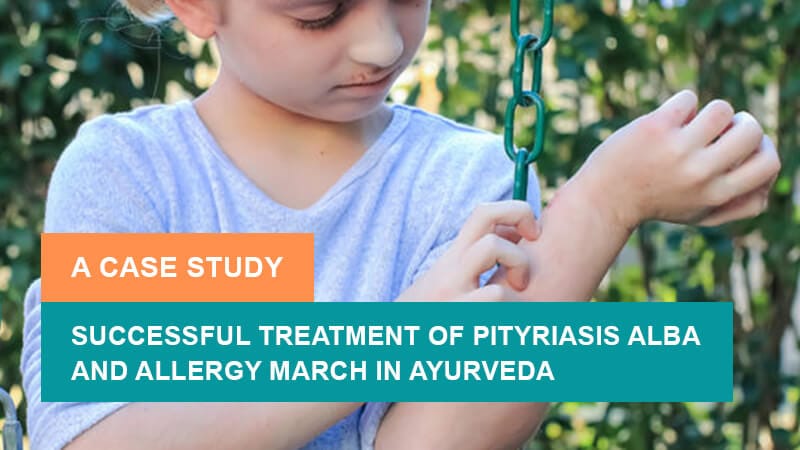
Successful Treatment of Pityriasis Alba and Allergy March in Ayurveda – A Case Study
It is a case study about successful treatment of Pityriasis Alba and…
-

Successful Treatment of Gallstones (Cholelithiasis) with Ayurvedic Medications – A Case Study
It is a case study about the successful treatment of Gallstones (Cholelithiasis)…
-
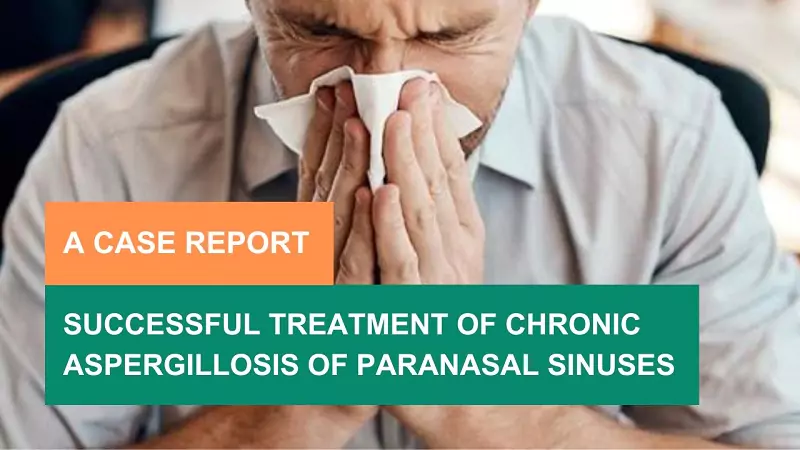
48-Year-Old Male Patient Got Relief from Chronic Aspergillosis of Paranasal Sinuses – A Case Study
Fungal infections can be treated with a high success rate by various…
-
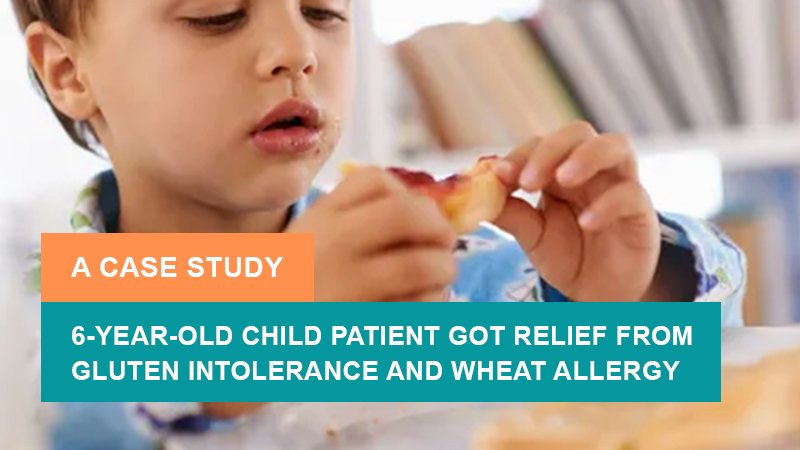
6-Year-Old Child Patient Got Relief from Gluten Intolerance and Wheat Allergy – A Case Study
It is a case study of a 6-year-old Child Patient who got…
Read More Articles
-
-
-
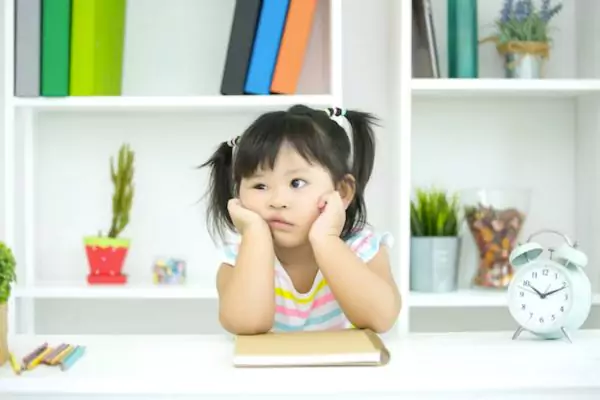
Attention Deficit Hyperactivity Disorder – ADHD (Vatika Unmada)
So IAFA Root-Cause Treatment of Your Attention Deficit Hyperactivity Disorder is Just…

